Pakistan/April 10, 2018/BY AFTAB CHANNA/Source: https://www.pakistantoday.com.pk
Sindh Chief Minister Syed Murad Ali Shah has said that the Public Private Partnership (PPP) in education sector has produced best results and its one of the success story is the toddlers who speak fluent English at DCTO English medium schools in Lyari.
This he said while addressing administration, teaching staff and students at DCTO English Medium High School, Lyari operating on PPP mode by Kiran Foundation, which he visited on Saturday. When the chief minister reached at school he was received by Education Secretary Iqbal Durani, Sindh Education Foundation (SEF) MD Nahid Durrani, administrator of school Nazir Tunio and others.
He said that Lyari was once a beautiful, peaceful and a vibrant area in the city. It used to remain opened the whole night. “I had also the honour to enjoy milk tea at restaurants at night but later something painful happened and Lyari turned into a most disturbed area in terms of peace and tranquility.
Murad Ali Shah added that drug dealers, paddlers and other out laws established their sway in the Lyari. The government worked day and night and fought bravely with mafias and restored peace there and then started developing the area to restore its past glories.
This DCTO school is one of the oldest schools from pre-partition. Originally it was established in 1930s by Deepchand T Ojha. This school was a preferred choice for schooling till 1970s. Later, this institution saw a great decline resulting in poor standard of education and dilapidated school building. He added that by 2002, the DCTO school had three double storey buildings where 13 schools were running within the same premises but there were barely any children getting education.
The government decided to hand over the school to Kiran Foundation in 2016, the chief minister said and added the Kiran Foundation runs this school from pre-nursery to high school. “The most encouraging move I have witnessed here at DCTO school is that the parents, particularly the mothers of students are given proper training to handle their kids at home DCTO,” he said and added this shows that mother and child education and training are taking place simultaneously at DCTO.
This novel but practical approach would definitely create [a child] father of nation. “These children who live in Lyari and have recently liberated themselves from the shekels of gang wars are speaking fluent English and know how to receive elders and how to talk and even they have good knowledge of history and geography. “I assure you they are our best future and they would lead Layri to a prosperous, educated and culture Lyari,” he hoped.
The chief minister sharing his personal experience with the audience said that a little girl in a nursery class brilliantly briefed him about the geographical location of different province on the map of Pakistan. “They [students] are good at mathematics, science and history- this is what I have learnt by interacting with them in their class rooms.
Murad Ali Shah said that just after taking over as a chief minister he had visited this school and had made some promises with them to construct additional storey in school building to accommodate more students. “Today, I have visited that portion and heaved a sigh of relief to see wide and airy class rooms, labs and airy veranda,” he said and added the school administration has told him that 800 students are enrolled there and for academic session more three candidates/students had applied for admission but due shortage of space they could hardly accommodate 100 students.
The chief minister directed secretary education Iqbal Durani to locate a suitable school building in the area and hand over them to expand this DCTO school. “If you are giving good education, shaping up the future of students and training their mothers, I am with you- there is no service above it,” he said and vowed to support them in all intents and purposes.
Source:
https://www.pakistantoday.com.pk/2018/04/07/public-private-partnership-produced-good-results-in-education-sector-cm/
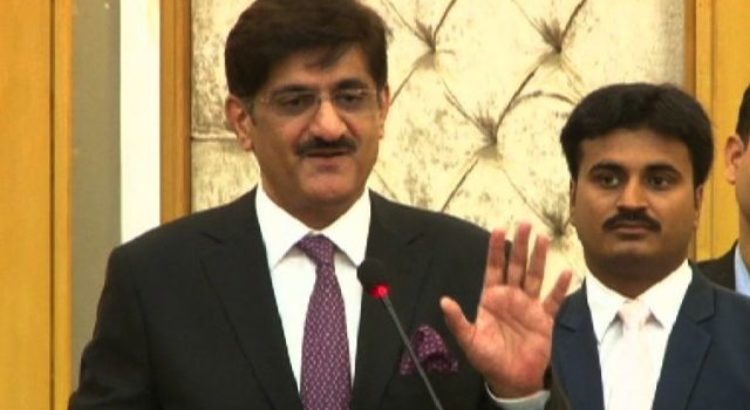
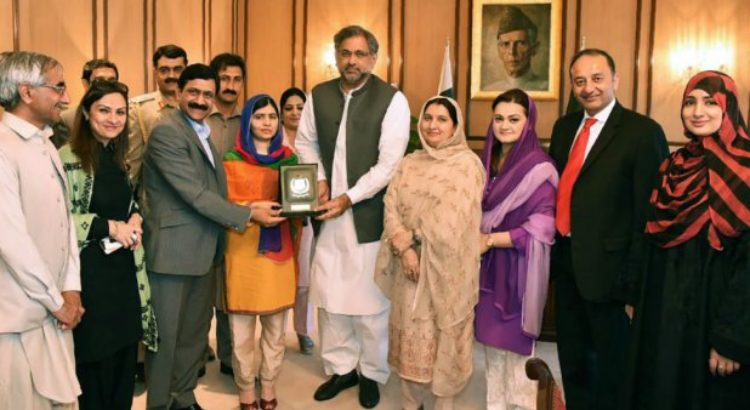
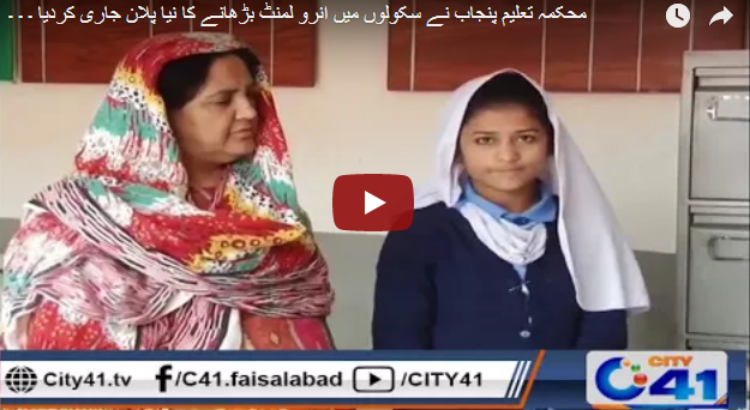
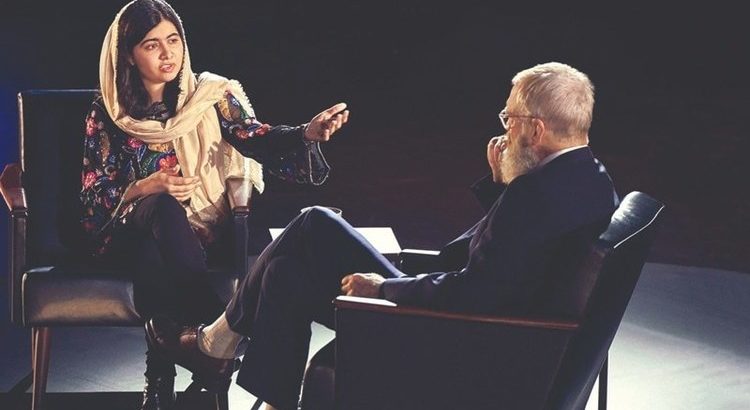

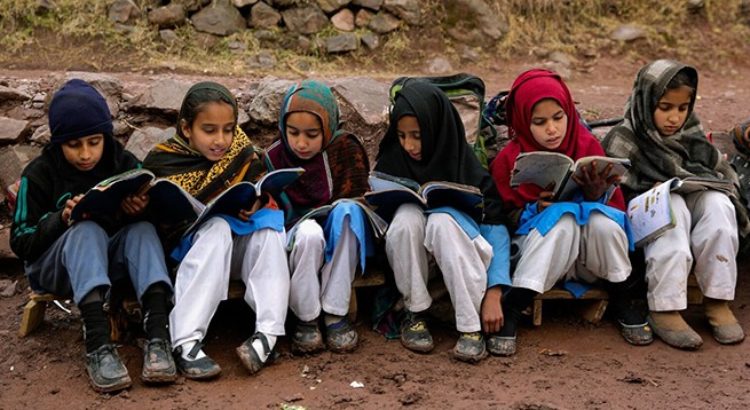
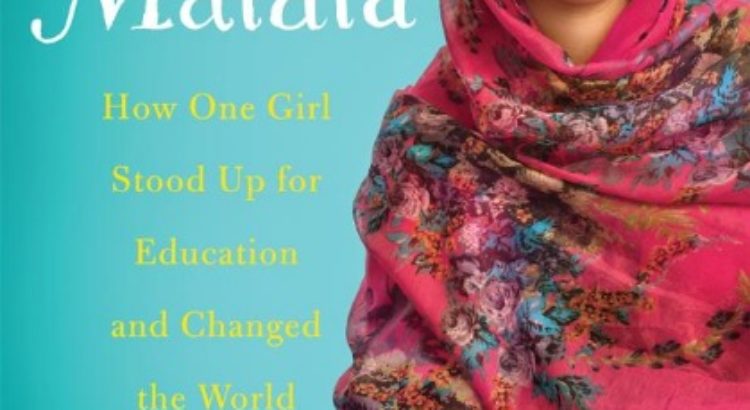






 Users Today : 72
Users Today : 72 Total Users : 35459978
Total Users : 35459978 Views Today : 96
Views Today : 96 Total views : 3418561
Total views : 3418561